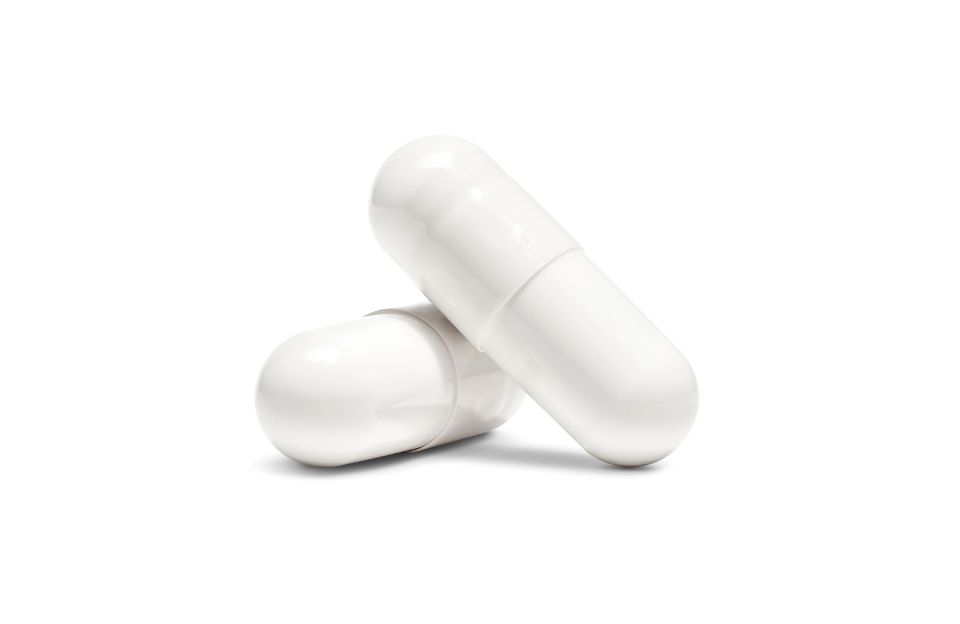Scientists have been exploring its remarkable potential not only for treating various conditions but also for its ability to counteract the chemicals involved in aging.
A recent scientific review, encompassing over a thousand studies, highlights the significance of carnosine as a naturally derived protein that declines with age. However, it is available as a supplement in the form of L-carnosine. The review indicates that carnosine may offer benefits beyond its traditional applications, emphasizing the need for further clinical studies.
Carnosine has shown promise in combating two common aging processes: glycation and cellular senescence. By supplementing with L-carnosine, we may unlock substantial benefits for extending lifespan and improving overall health. Glycation, which involves the attachment of glucose sugars to proteins, DNA, and lipids, leads to the formation of harmful compounds that damage cells and tissues. Carnosine exhibits antioxidant and anti-inflammatory properties that can counteract glycation, rejuvenating aging cells and potentially benefiting age-related diseases.
Research suggests that carnosine may contribute to:
- Enhanced cognition
- Improved exercise capacity for adults of all ages
- Support for glucose metabolism in overweight or obese individuals
- Better balance and movement in individuals with Parkinson’s disease
Cellular senescence, a process where aging cells cease to divide but do not die, can contribute to inflammation and increase the risk of certain diseases, including cancer. Studies on cultured cells indicate that carnosine may help prevent senescence and even rejuvenate cells showing signs of aging. Additionally, carnosine appears to reduce the shortening of telomeres, which are protective caps on chromosome ends associated with longevity.
Further evidence comes from a study conducted on mice, where those fed carnosine demonstrated a 20% longer lifespan compared to the control group. These findings reinforce the notion that controlling cellular senescence may potentially lead to increased longevity.
Carnosine’s impact extends to age-related diseases. Individuals with diabetes experience accelerated glycation due to elevated blood sugar levels. Animal studies have shown that carnosine can improve glucose control, insulin sensitivity, and may delay the initial development of diabetes. Clinical trials on humans have reported significant improvements in fasting glucose levels among diabetics taking 1,000 mg of carnosine for 12 weeks.
Furthermore, carnosine supplementation may offer protective effects against heart disease. It has shown potential in preventing glycation and even improving cardiac function, potentially reducing the risk of strokes. In a study involving patients with congestive heart failure, supplementation with 500 mg of carnosine per day for six months resulted in improved physical condition, including higher quality of life scores, increased stamina, and enhanced oxygenation throughout the body.
As research on carnosine continues to expand, its potential applications stretch beyond the existing studies. People are exploring carnosine supplementation for Alzheimer’s disease, cataracts, high blood pressure, kidney problems, and more.
When considering carnosine supplementation, it is essential to consult with your healthcare provider. While carnosine has no known side effects, it may have an impact on blood pressure, and it is recommended for pregnant individuals to avoid it. It is crucial not to confuse carnosine with carnitine, as carnitine is typically used for purposes such as weight loss, exercise performance, heart health, and brain function. Your healthcare professional can provide personalized guidance on the appropriate usage and dosage of carnosine for your specific needs.









